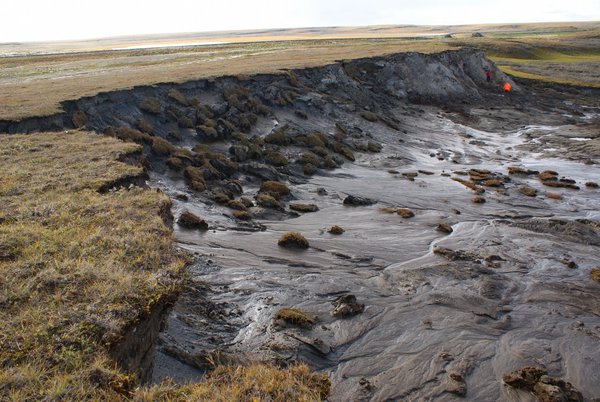
Permafrost thaw: Gradual change or climate tipping point?
Global warming leads to Arctic permafrost thaw and the subsequent release of carbon dioxide and methane into the atmosphere. These changes are…
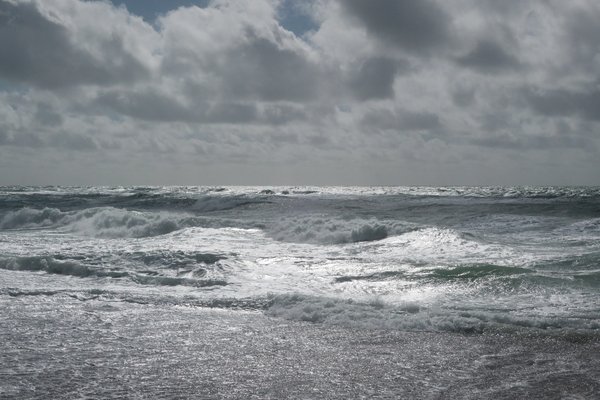
Weaker ocean circulation could cost trillions
A major motor for the global climate is beginning to falter: a massive system of ocean currents called the Atlantic Meridional Overturning…

Lennart Ramme receives Wladimir Köppen Award
Lennart Ramme, a postdoctoral researcher at the Max Planck Institute for Meteorology, has been awarded the Wladimir Köppen Prize, endowed with 5000…

Humboldt Research Awardee Stephen Sitch at Max Planck Institute for Meteorology
Professor Stephen Sitch, a world-leading scientist from the University of Exeter, UK, scientist with outstanding achievements in terrestrial carbon…
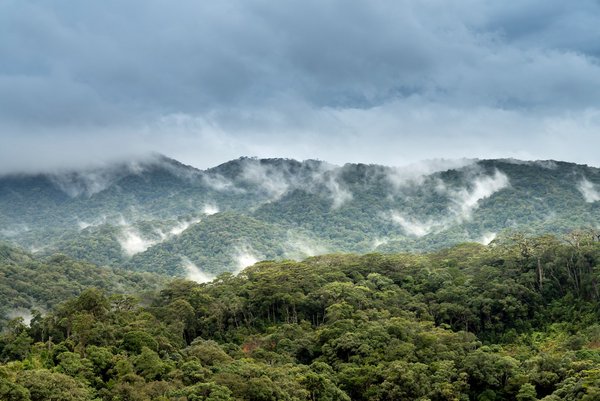
Towards improved CO2 predictions
What factor limits the predictability of atmospheric CO2 concentration? Scientists from the Max-Planck-Institute for Meteorology, in collaboration…
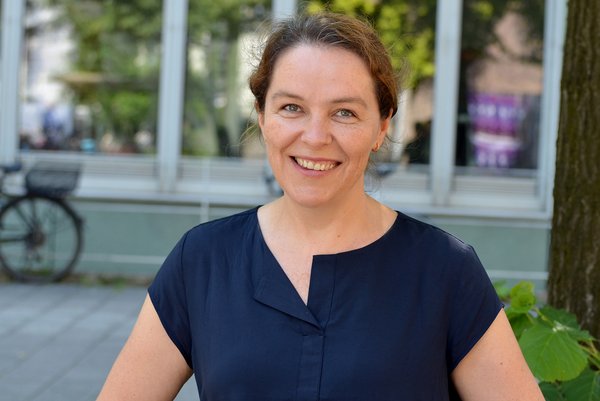
Tatiana Ilyina new professor at Universität Hamburg and Helmholtz-Zentrum Hereon
Prof. Tatiana Ilyina, scientist and group leader of the Ocean Biogeochemistry group at the Max Planck Institute for Meteorology (MPI-M), was recently…
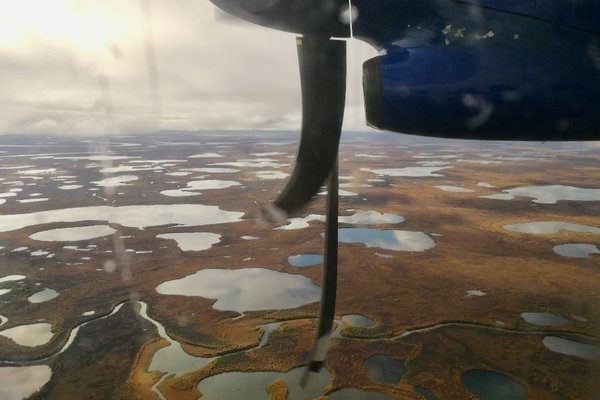
From the Arctic to the tropics: permafrost soils and methane
A new study led by researchers from the Max Planck Institute for Meteorology, in collaboration with scientists from the University of Hamburg, shows…
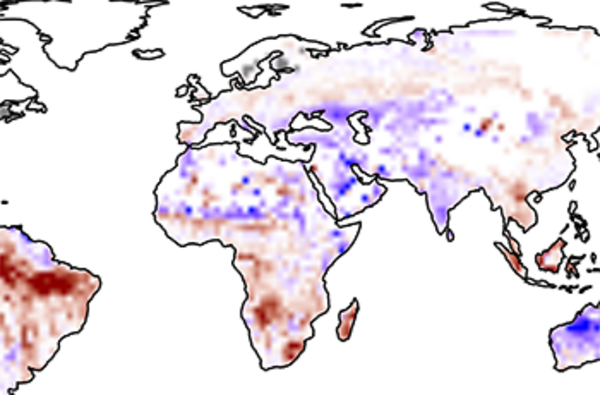
The driving forces of the terrestrial carbon cycle predictability
Although the global carbon cycle is predictable to some extent, we know little about the source of the memory in the system. In a study published in…
![[Translate to English:] [Translate to English:]](/fileadmin/_processed_/f/c/csm_210511_deVrese_eso0603a_65e077b7a9.jpg)
Could the deglaciation of Snowball Earth have started in the mid-latitudes?
A new study, led by scientists of the Max Planck Institute for Meteorology (MPI-M), investigates the question which conditions could have triggered…
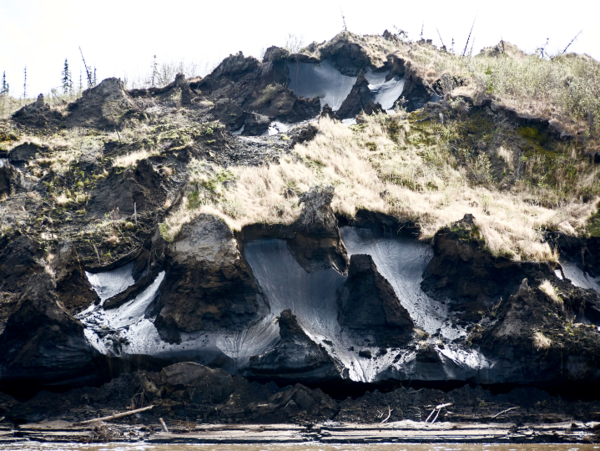
Response of high-latitude ecosystems to temperature overshoot scenarios
High-latitude soils contain almost twice as much carbon as the atmosphere, and the fate of this frozen organic matter under ongoing climate change is…
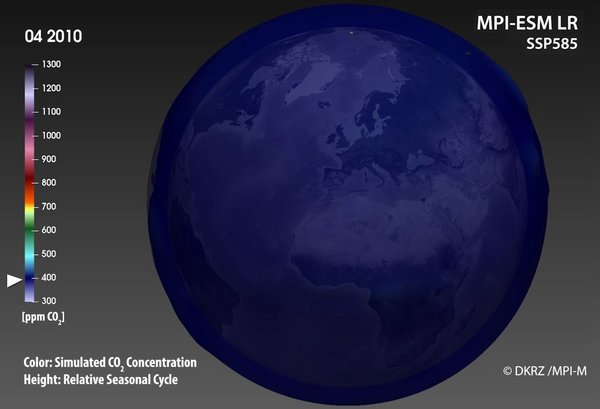
Predicting the global carbon cycle to support decision-making related to carbon management
In a recent study Dr. Tatiana Ilyina, Dr. Hongmei Li, Aaron Spring and Dr. Wolfgang Müller, scientists at the Max Planck Institute for Meteorology,…
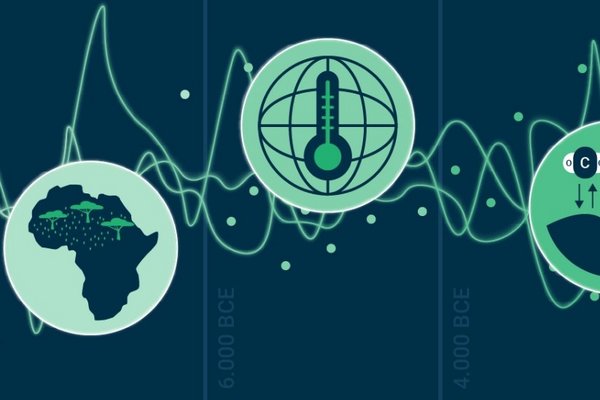
Variability of the Earth system over the last 8000 years
After the peak of the last ice age about 21,000 years ago, the great ice masses that had covered large parts of North America and northern Europe…
